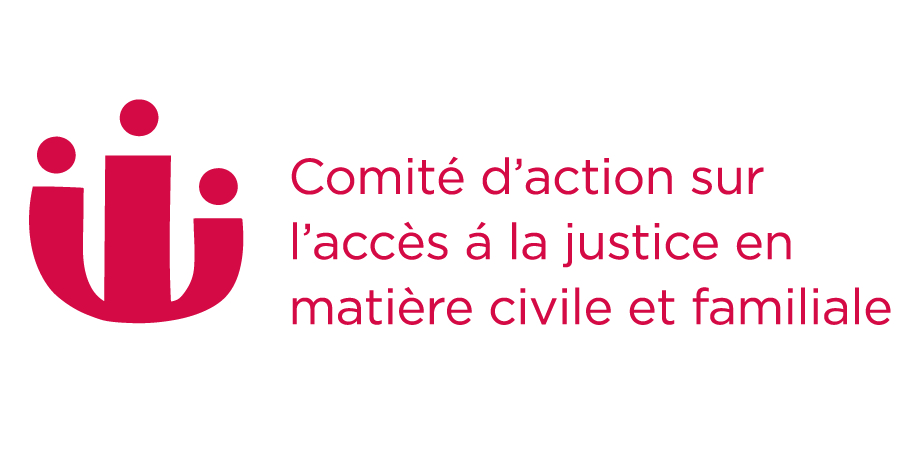Inventory of Reforms
BC Parenting After Separation Program
Year:
1998
Description:
BC Ministry of Attorney General program requiring families with disputes about child custody, access, guardianship or child support to attend a specialized class before appearing in court.
Status:
Permanent implementation
Jurisdiction:
British Columbia
Court:
Provincial Court
Body Responsible:
Ministry of Attorney General
Timeline:
1994: Voluntary PAS program offered at 4 locations
1998: Mandatory PAS program pilot project in Burnaby and New Westminster
1999 – 2000: Mandatory PAS program was expanded to other locations in BC
Publications:
British Columbia, Provincial Court (Family) Rules,External Link r. 21.
Ministry of the Attorney General. Policy, Planning and Legislation Branch. Corporate Division, Mandatory Parenting After Separation Pilot: Final Evaluation ReportPDFExternal Link (Ministry of the Attorney General, 2000) . [Evaluation]
Dispute Resolution Office, Bulletin, Parenting After Separation Program – Mandatory Attendance (May 2001). [Bulletin]
Development:
The Parenting After Separation (PAS) program began as a pilot project at four locations in 1994. Initially, the program was voluntary. In 1998, a pilot project was launched in the Burnaby and New Westminster provincial courts requiring families with disputes about child custody, access, guardianship or child support to attend PAS before appearing in court. As a result of an evaluation report, PAS was expanded to a number of other locations between 1999 and 2000. The expansion saw PAS shift from strictly voluntary to mandatory for certain types of disputes. The requirement to attend a PAS session is described in Rule 21 of the Provincial Court (Family) Rules. In October 2000, the Ministry of Attorney General published a final evaluation report on Mandatory Parenting After Separation (MPAS). The project was generally deemed to have a positive impact on families and the efficient resolution of cases. In 1998, some Lower Mainland communities began to offer PAS sessions in Cantonese, Mandarin, Punjabi and/or Hindi.
Purpose:
The Ministry of the Attorney General introduced the PAS program in response to difficulties faced by the courts, parents, and children in the context of family separations. PAS was designed to assist parents in making informed decisions during the separation process. By addressing the emotional and legal aspects of a separation, the program aims to reduce conflict and educate parents about the advantages of alternatives to the courts.
Description of Reforms:
The PAS program is free to BC parents and other family members or guardians facing access, custody, guardianship, and support issues. The class is three hours long and focuses on encouraging families to make decisions that take into consideration the best interest of their children.
The PAS program aims to provide parents with information on the following:
- How children deal with separation and how parents could provide support.
- How parents experience the separation process.
- How to maintain a healthy parent-child relationship.
- How to address safety issues which may arise.
- What options are available to aid the decision making process.
- How to use mediation and conciliation services.
- Where to get further information and help.
A workbook is also provided which contains further details on the above topics. It also contains opportunities for self-reflection through a series of worksheets to help plan the next steps.
The program is in effect in Burnaby, New Westminster, Surrey, Vancouver, Kelowna, Prince George, Abbotsford, Victoria, Nanaimo and Kamloops.
Criteria and Methods of Evaluation:
Two evaluations of the PAS program were conducted. A partial evaluation was completed in August 1999, and the final evaluation was released in October 2000. The first evaluation assessed the first two objectives of the program: 1) the extent of cooperation and willingness to participate in the PAS program by clients, and 2) participant satisfaction with the program. The final evaluation report assessed the third objective of the program: « To determine the impact of MPAS on litigation rates in the pilot jurisdiction compared to the impact of offering Parenting After Separation (PAS) on a voluntary basis. » (Evaluation at 2)
Results:
The August 1999 program concluded that:
[Survey Participants] reported that the PAS session helped them to understand the separation process and how to resolve disputes without going to court. It also helped them to focus on their children’s needs. Most said they learned for the first time how the court decides on child support issues, how communication skills can help reduce conflict between people, and what services are provided by family justice counsellors.
Of the participants who completed the survey:
- Seventy-eight per cent reported they were very or somewhat satisfied with the session they attended
- Eighty-six per cent said they would recommend the session to other separating or divorcing parents
- Eighty-three per cent agreed that all parents or guardians going through a separation or divorce should have to attend a PAS session.
Bulletin.
The Final Evaluation included an analysis of the program both before and after the provincial court rule changes which mandated PAS. The results were fairly similar, however, by making the program mandatory, the positive impact of PAS was more marked. Generally, the report found that MPAS resulted in a reduction and improvement in caseflow at the family court. There was also increased awareness of alternative dispute resolution options and the impact of separation on their children.
Revision History:
This summary was last reviewed in Oct 24, 2013



